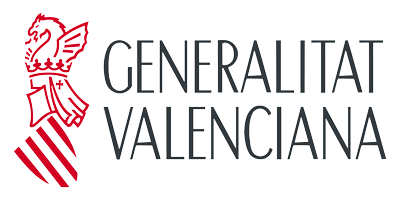Where: Saló d'actes, Escola Superior de Tecnologia TD0301CC
Presented by: Prof. Beatriu Escuder
Transition metal complexes have found widespread utility in a variety of scientific fields, ranging from catalysis to photophysics and supramolecular chemistry. The different coordination and redox characteristics of metals, together with the possibility of tuning their properties by changing the nature of the ligands, provides innumerable possibilities for generating new reactivities, and for implementing physicochemical responses. Building upon these characteristics, most of our work deals with the application of transition metal complexes in the field of catalysis, biosupramolecular chemistry and chemical biology. Our work in catalysis has been mostly focused on the discovery of new annulation reactions,1 while in supramolecular chemistry our work has been mainly centered in the field of DNA recognition.2 More recently, we aimed to merge our knowledge in metal catalysis with our work in biomolecular chemistry and chemical biology. We have investigated the viability of translating organometallic catalysis to biological media, and even to living cells.3 While this represents a considerable challenge, owing to the presumed water and air incompatibility of many metal catalyzed reactions and the requirement of orthogonality and biocompatibility, we have developed several intracellular palladium, ruthenium and gold-promoted reactions. 4 References [1] (a) Mascareñas, J. L.; Varela, I.; López, F; Acc. Chem. Res. 2019, 52, 465. (b) Gulías, M.; Mascareñas, J. L. Angew. Chem. Int. Ed. 2016, 55, 11000. (c) X. Vidal, J. L. Mascareñas, M. Gulías, J. Am. Chem. Soc. 2019, 141, 1862. (d) Fernández, D; Mascareñas, J. L.; López, F. Chem. Soc. Rev. 2020, 49, 7378. [2] (a) Rodríguez, J.; Learte, S.; Mosquera, Celaya, J. C; Rodríguez-Larrea, D.; Vázquez, M. E. ; Mascareñas, J. L. Chem. Sci. 2018, 9, 4118. (b) Learte, S.; Curado, N.; Rodríguez, J.; Vázquez, M. E.; Mascareñas, J. L. J. Am. Chem. Soc. 2017, 139, 16188. (c) Rodriguez, J.; Mosquera, J.; Learte-Aymamı́, S. Vázquez, M. E.; Mascareñas, J. L. Acc. Chem. Res. 2020, 53, 2286. [3] (a) Vidal, C.; Tomás-Gamasa, M.; Destito, P.; López, F.; Mascareñas, J. L. Nature Commun. 2018, 9, 1913. (b) Gutierrez, S.; Tomas-Gamasa, M.; Mascareñas, J. L. Angew. Chem. Int. Ed. 2021, 60, 22017. [4] For reviews, see: (a) Martínez-Calvo, M.; Mascareñas, J. L. Coord. Chem. Rev. 2018, 359, 57. (b) Destito, P. Vidal, C., López, F., Mascareñas, J. L. Chem. Eur. J. 2021 27, 4789.






